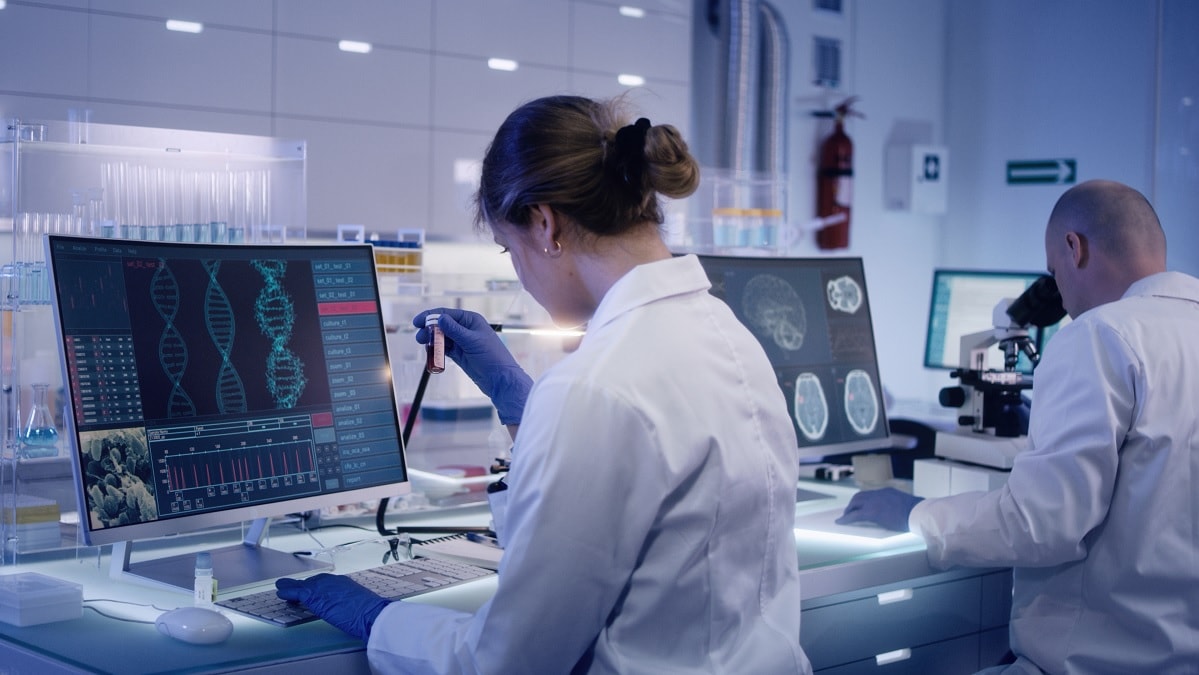Key points
- Hereditary cancer (cancer that runs in your family) could be caused by a change in certain genes that you inherited from your mother or father.
- Breast cancer (BRCA) genes are important to fighting cancer.

Hereditary breast and ovarian cancer
About 5% to 10% of breast cancers and 10% to 15% of ovarian cancers are hereditary. Hereditary cancer means cancer runs in your family. It could be caused by a change in certain genes that you inherited from your mother or father.
Genes act as instructions and contain information to build and maintain cells in the body. Humans inherit one set of genes from their mother and one set of genes from their father.
Genes are made up of DNA. DNA tells the body what traits will be passed on from parents to children, such as blood type, hair color, eye color, and risks of getting certain diseases.
BRCA genes
BRCA1 and BRCA2 genes are important to fighting cancer. When they work normally, these genes help keep breast, ovarian, and other types of cells from growing and dividing too rapidly or in an uncontrolled way.
Sometimes, changes or "mutations" occur that prevent genes from doing their job properly. This raises a person's risk for breast, ovarian, and other cancers. About 3% of breast cancers and 10% of ovarian cancers result from mutations in BRCA genes. If your mother or father has a BRCA gene mutation, you have a 50% chance of having the same gene mutation.
Breast and ovarian cancers can also be caused by mutations in other genes. These mutations might be found through genetic testing.
BRCA Genes and Breast Cancer
Genetic counselor Joyce Turner, MSC, CGC, provides an overview of BRCA genes and their relationship to breast and ovarian cancer in this video.
Why BRCA gene mutations matter
Having a BRCA gene mutation puts you at an increased risk for breast and ovarian cancers.
- About 50 out of 100 women with a BRCA gene mutation will get breast cancer by the time they turn 70 years old, compared to only 7 out of 100 women in the general United States population.
- About 30 out of 100 women with a BRCA gene mutation will get ovarian cancer by the time they turn 70 years old, compared to fewer than 1 out of 100 women in the general US population.
If you have a family history of breast cancer or inherited changes in your BRCA genes, you may have a higher cancer risk. Talk to your doctor about ways to lower your risk.
The National Cancer Institute has more information about BRCA Gene Changes: Cancer Risk and Genetic Testing.
Every Piece Matters
This video explains how having some types of cancer in your family can affect your own risk of getting cancer. It emphasizes the importance of sharing what you know with your health care provider.
